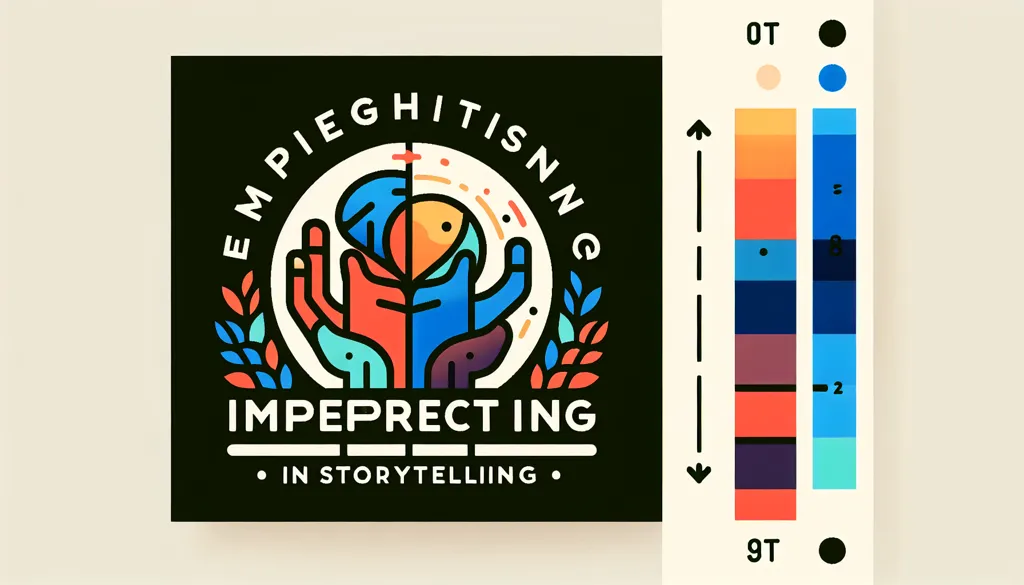The Imperfect Episode: When Great TV Shows Hit a Bump
TV shows, much like the lives we lead, are often celebrated for their storytelling, character development, and the emotional connections they forge with audiences. Yet, even the most acclaimed series are not immune to the occasional misstep. While shows like "Breaking Bad" and "The Sopranos" manage to maintain a consistently high standard, others have stumbled, delivering episodes that fans and critics alike would rather forget. These episodes, outliers in otherwise stellar series, remind us that perfection is elusive, even in the world of television.
When Fan Favorites Disappoint
Every TV show has its highs and lows, but some episodes stand out for the wrong reasons. For instance, "Rick and Morty," known for its bizarre and comedic intergalactic adventures, pushed the envelope too far with "Rickdependence Spray." The episode's crude humor and controversial plot left fans divided, a rare miss for a series celebrated for its creativity.
Similarly, "Buffy the Vampire Slayer" encountered criticism with "Beer Bad," an episode that saw Buffy devolve into a cavewoman after drinking tainted beer. It was a narrative misfire that many felt undermined the character's intelligence and strength, traits that had defined her throughout the series.
Twists That Missed the Mark
Then there are the episodes that attempt to shock with unexpected twists, but instead leave audiences bewildered. "Black Mirror," a show that thrives on dystopian futures and dark, technological tales, stumbled with "Mazey Day." The episode's supernatural twist involving a werewolf felt out of place in a series rooted in technological commentary, disappointing viewers expecting a more coherent story.
"Stranger Things" also faced backlash with "The Lost Sister," which shifted focus away from the main plot and introduced new characters that didn't resonate with fans. The episode's deviation from the central storyline left many feeling detached and eager to return to familiar faces and plots.
When Endings Fall Short
Perhaps the most contentious episodes are those that bring a beloved series to a close. The finale of "Game of Thrones," "The Iron Throne," is a prime example. After years of intricate plotting and character development, the rushed and unsatisfying conclusion left many fans feeling betrayed. The episode's decisions, from Bran's coronation to Jon Snow's anticlimactic fate, sparked widespread disappointment.
Similarly, "How I Met Your Mother's" finale, "Last Forever," undermined nine seasons of storytelling by abruptly ending Ted's relationship with the titular "Mother" and rekindling his romance with Robin. This unexpected turn left viewers questioning the entire series' purpose.
Lessons in Imperfection
These episodes, though criticized, serve as a reminder of the challenges inherent in television production. They illustrate that even the best-laid plans can falter, whether due to narrative miscalculations, creative risks that don't pay off, or the complex task of wrapping up a long-running series. These missteps highlight the importance of coherence and satisfaction in storytelling, aspects that can make or break the viewer's experience.
Conclusion: A Celebration of Flaws
In the end, the imperfect episodes of beloved TV shows offer valuable insights into the art of storytelling. While they may momentarily tarnish a series' reputation, they also reflect the boldness required to push boundaries and explore new narrative territories. These episodes are not just failures but experiments, opportunities to learn and grow. As viewers, we should embrace these flaws and appreciate the human element in television, recognizing that even in imperfection, there lies a story worth telling.

